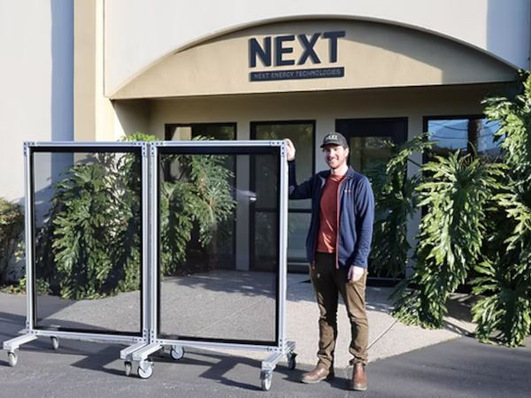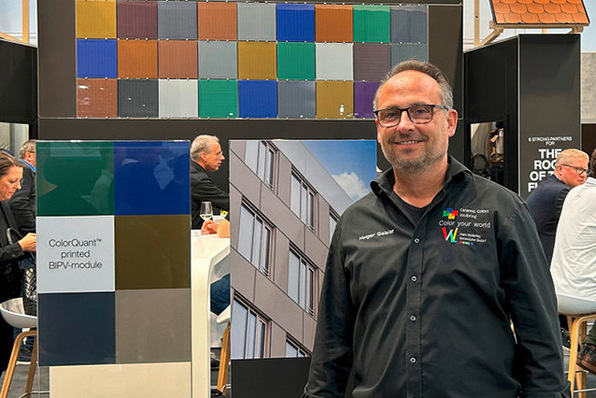The European Commission’s ambition to actively operationalise a decarbonisation agenda across all relevant policies and to make it an opportunity to expand sustainable economic activity and Europe’s leadership in low-carbon technologies, is music to Glass for Europe’s ears.
Glass for Europe’s Secretary General, Bertrand Cazes declared: ‘Europe’s flat glass sector is ready to support these new climate and sustainability ambitions with its best-in-class manufacturing installations and its high-performance products, which enable the decarbonisation of buildings and cars and the deployment of solar energy.’
Glass for Europe welcomes CO2 emission standards
The flat glass sector feels most particularly encouraged by the European Commission’s intention to engage in a building ‘renovation wave’. The launch a new renovation initiative in 2020 coupled with the rigorous implementation of high energy-performance standards for buildings will be instrumental to ensure that a doubling of building renovation rates delivers the expected energy savings. In the mobility sector, Glass for Europe also welcomes the announcement that CO2 emission performance standards for vehicles will be revised in 2021. The flat glass sector has solutions ready to be used for Europe to rapidly cut its CO2 emissions.
Operationalise the European Green Deal
Other initiatives announced in the European Green Deal, such as that on greater circularity and recycling in the construction sector, sustainable product policy, R&D and industrial policies supportive of decarbonisation of industrial processes, etc., have the potential to support the flat glass sector’s efforts to maximize its contributions to the carbon neutral transition.
‘The daunting task is now to operationalise the European Green Deal. We must get things right.’ concluded Bertrand Cazes.
Glass for Europe will unveil its ‘2050 vision for the flat glass sector’ next month to engage in a dialogue with European authorities on an informed and constructive basis.













